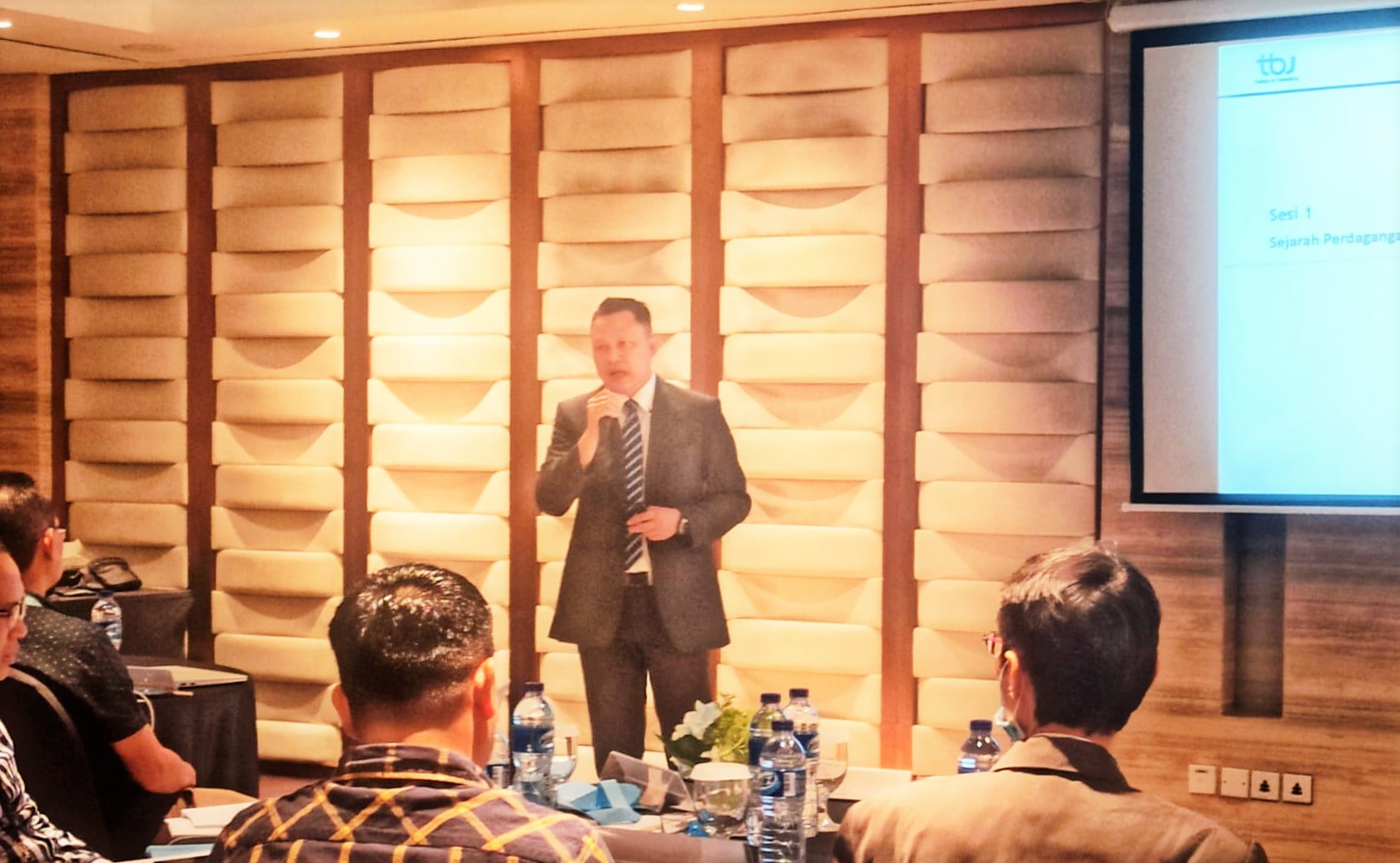IN HOUSE CORPORATE TRAINING & CONSULTANT COORDINATION
In-house corporate training and consultant coordination are essential components for the successful management and growth of gold businesses. These initiatives help in building internal capabilities, ensuring compliance, and optimizing operations. Here’s a detailed explanation:
In-House Corporate Training
Purpose:
- Skill Development: Enhance employees' skills and knowledge related to gold trading, refining, risk management, and market analysis.
- Compliance and Safety: Ensure all employees are aware of regulatory requirements, safety protocols, and ethical standards.
- Operational Efficiency: Train staff on the latest technologies and processes to improve efficiency and productivity.
Key Areas of Training:
-
Technical Skills:
- Gold Trading: Understanding market dynamics, price analysis, and trading strategies.
- Refining Processes: Techniques and technologies for refining gold and producing high-purity products.
- Risk Management: Identifying, assessing, and mitigating risks associated with gold trading and refining.
-
Regulatory Compliance:
- Local and International Regulations: Training on laws and regulations governing gold trading and import/export.
- Anti-Money Laundering (AML): Procedures to prevent money laundering and other financial crimes.
-
Operational Training:
- Safety Protocols: Ensuring a safe working environment in gold refining and trading operations.
- Quality Control: Methods for maintaining the highest standards in gold purity and production processes.
-
Soft Skills:
- Negotiation: Effective negotiation techniques with suppliers, buyers, and other stakeholders.
- Communication: Enhancing communication skills for better teamwork and customer relations.
Consultant Coordination
Purpose:
- Expert Advice: Leverage the expertise of external consultants for strategic decision-making and operational improvements.
- Specialized Knowledge: Gain insights into specific areas such as market trends, regulatory changes, and technological advancements.
- Objective Perspective: Obtain an unbiased evaluation of business processes and strategies.
Key Areas of Consultant Engagement:
-
Market Analysis:
- Trend Analysis: Consultants provide insights into current and future market trends, helping businesses make informed trading decisions.
- Competitive Analysis: Understanding the competitive landscape and identifying opportunities for differentiation.
-
Regulatory Compliance:
- Regulatory Updates: Keeping the business updated on new regulations and ensuring compliance to avoid legal issues.
- Audit Support: Assisting with internal and external audits to ensure adherence to regulatory standards.
-
Operational Efficiency:
- Process Optimization: Identifying and implementing improvements in refining and trading processes to enhance efficiency.
- Technology Integration: Advising on the adoption of new technologies to streamline operations and reduce costs.
-
Strategic Planning:
- Business Strategy: Developing long-term strategies for growth and sustainability in the gold business.
- Investment Planning: Advising on capital allocation, investment opportunities, and risk management.
Implementation Steps:
- Identify Training Needs: Conduct a needs assessment to determine the specific skills and knowledge required for different roles within the business.
- Develop Training Programs: Create customized training programs tailored to the needs of the organization and its employees.
- Engage Consultants: Identify and hire consultants with expertise in relevant areas such as market analysis, regulatory compliance, and operational efficiency.
- Coordinate Training and Consultancy Efforts:
- Schedule Training Sessions: Plan and schedule regular training sessions for employees.
- Consultant Workshops: Organize workshops and meetings with consultants to gain insights and implement their recommendations.
- Monitor and Evaluate: Continuously monitor the effectiveness of training programs and consultant engagements, and make adjustments as needed.
By implementing in-house corporate training and effectively coordinating with consultants, gold businesses can enhance their internal capabilities, ensure compliance with regulations, and optimize their operations for sustained growth and profitability.
